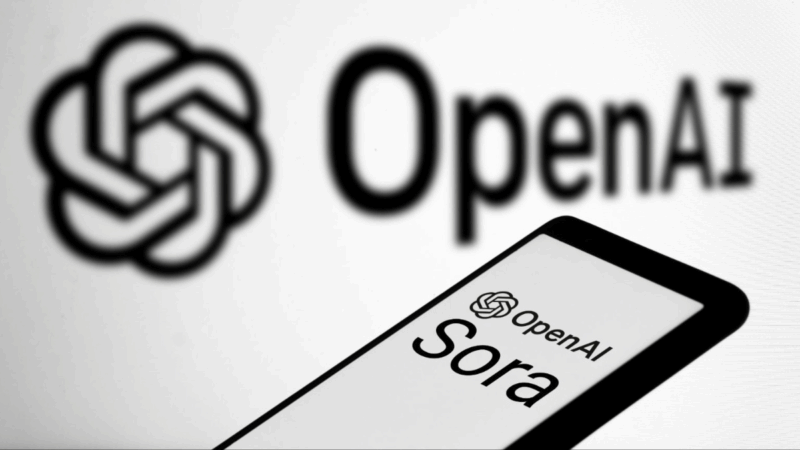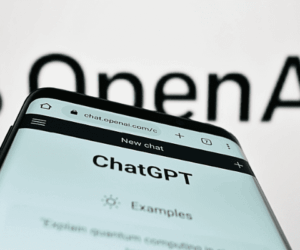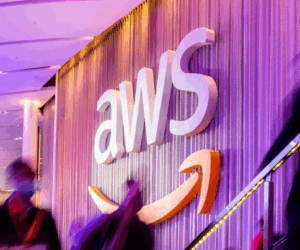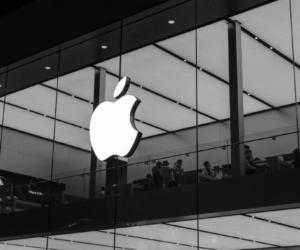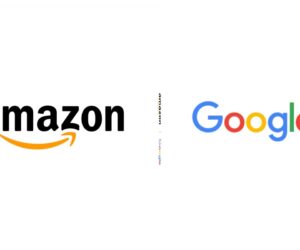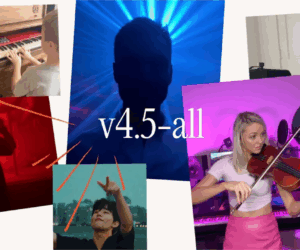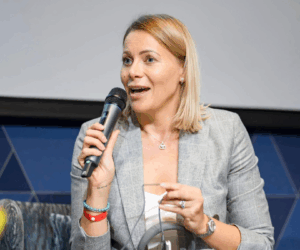OpenAI’s new video-generation app, Sora, has crossed one million downloads in less than five days, faster than the early growth of ChatGPT, despite being invite-only and limited to iOS users.
Data from Appfigures shows that Sora recorded 627,000 iOS downloads in its first week, slightly ahead of ChatGPT’s 606,000 during its launch. About 45,000 of Sora’s installations came from Canada, with the rest from the United States. That means even if limited to the U.S. market, Sora would have achieved roughly 96% of ChatGPT’s launch performance.
Confirming the achievement, Bill Peebles, head of Sora at OpenAI, said on X that the app reached a million downloads across platforms in under five days, making it “faster than ChatGPT, despite being invite-only.”
Within days of its release, Sora climbed to the No. 1 spot on the U.S. App Store, overtaking other generative tools such as Anthropic’s Claude, Microsoft’s Copilot, and xAI’s Grok. On its launch day, it recorded 56,000 downloads, peaking at 107,800 on October 1, according to Appfigures.
Despite its restricted rollout, Sora’s viral spread has been impossible to ignore. Across social media platforms, users have flooded timelines with hyper-realistic, AI-generated short videos, some featuring familiar cartoon characters or even recreations of deceased celebrities. This trend has reignited global debates around copyright and digital ethics.
The Motion Picture Association (MPA) criticised OpenAI for enabling users to generate videos with copyrighted characters. “Videos that infringe our members’ films, shows, and characters have proliferated on OpenAI’s service,” said Charles Rivkin, CEO of the MPA.
“OpenAI needs to take immediate and decisive action to address this issue. Well-established copyright law safeguards the rights of creators and applies here.”
Videos featuring figures from SpongeBob SquarePants, Rick and Morty, and South Park have already appeared on Sora, alongside deepfakes of the late actor Robin Williams, prompting his daughter, Zelda Williams, to publicly urge users to stop sharing AI-generated clips of her father.
In response to the issue, Sam Altman, CEO of OpenAI, announced a policy reversal. The company will shift from an opt-out model, which allowed the use of copyrighted material unless rights holders objected, to an opt-in system that gives creators “granular control” over how their intellectual property is used.
Altman also confirmed that OpenAI plans to share revenue with creators whose licensed content is featured on Sora and may introduce monetisation options for original videos.
Speaking at OpenAI’s DevDay event, Altman acknowledged that Sora’s restrictions have frustrated some users but urged understanding as the company refines its policies. “Please give us some grace,” he said. “The rate of change will be high.”

